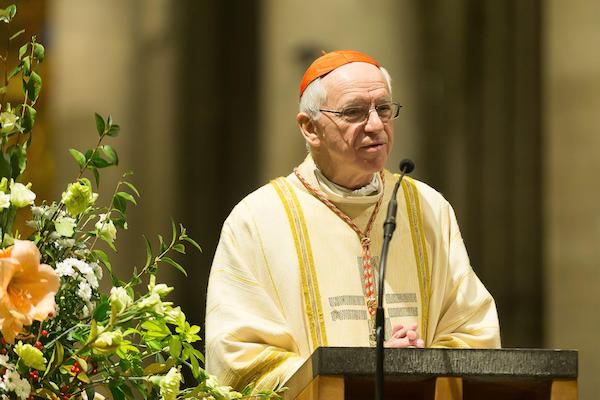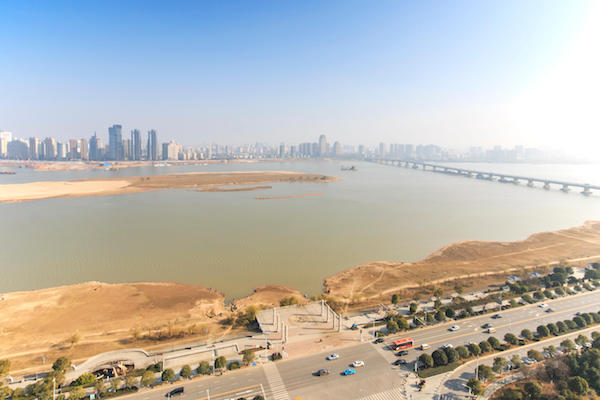The Vatican has expressed “surprise and regret” at the installation of Chinese Bishop Peng Weizhao as auxiliary of Jiangxi, a diocese not recognised by the Holy See.
Bishop Weizhao was arrested by the Chinese Communist Party after secret ordination in 2014. At his installation on Thursday last week in Nanchang he pledged to “guide Catholicism to adapt to socialist society”.
The boundaries of his new diocese were drawn up by the Chinese authorities without consultation with Rome.
In 2014 Pope Francis appointed John Peng Weizhao as Bishop of Yujiang. He succeeded Bishop Thomas Zeng Jingmu, head of the local underground church, who spent 23 years in prison and died in 2016 aged 96.
As an underground prelate, Bishop Peng Weizhao was held for six months by Chinese authorities. After his release in November 2014 he was severely restricted in his ministry by the authorities.
Yujiang, where Lazarist missionaries ministered before the Communist revolution in 1949, was created as a diocese in 1885. It is one of five ecclesiastical circumscriptions traditionally linked to metropolitan Nanchang that are now incorporated into a single diocese without any agreement with Rome.
The official Bishop of Nanchang is 58-year-old Li Suguang, and Peng Weizhao is his auxiliary.
After the 2018 provisional agreement on episcopal appointments and other matters between the Holy See and Beijing underground Bishop Guo Xijin was pressured into accepting then post of auxiliary bishop in Minding, Fujian, but realising he had little autonomy he gave up the post after a few months.
According to a Communist Party website, Catholic Bishop Peng Weizhao pledged to “faithfully preach the gospel, lead the priests and Catholics of the Diocese of Jiangxi, abide by the national constitution, safeguard the unity of the motherland and social harmony, love the country and religion, adhere to the principle of independence and self-management of the Church, adhere to the direction of Sinicisation of Catholicism in our country, actively guide Catholicism to adapt to socialist society, and contribute to the realisation of the Chinese dream of the great rejuvenation of the Chinese nation.”
Meanwhile President Xi Jinping faced unprecedented civil disobedience this week from widespread anti-lockdown demonstrations.
Hundreds of people took to the streets of major cities as anger with the government’s "zero-Covid" policies boiled over into demands for regime change.
“Down with the Chinese Communist Party! Down with Xi Jinping!” protesters chanted on the streets of Shanghai at the weekend. Such a challenge to Beijing’s leadership was the most direct since the Tiananmen Square protests of 1989.
In Wuhan, where the coronavirus first emerged, large crowds pulled down metal barriers meant to quarantine neighbourhoods.
In Beijing police surrounded 300 people chanting “We are with Xinjiang!”, a reference to the mainly Muslim region where a fire in Urumqi claimed the lives of 10 people after rescue efforts were reportedly hampered by the strict lockdown.
When the protesters were warned by police not to chant against lockdown they began singing “We want lockdowns” and “I want to do more Covid tests”.



 Loading ...
Loading ...